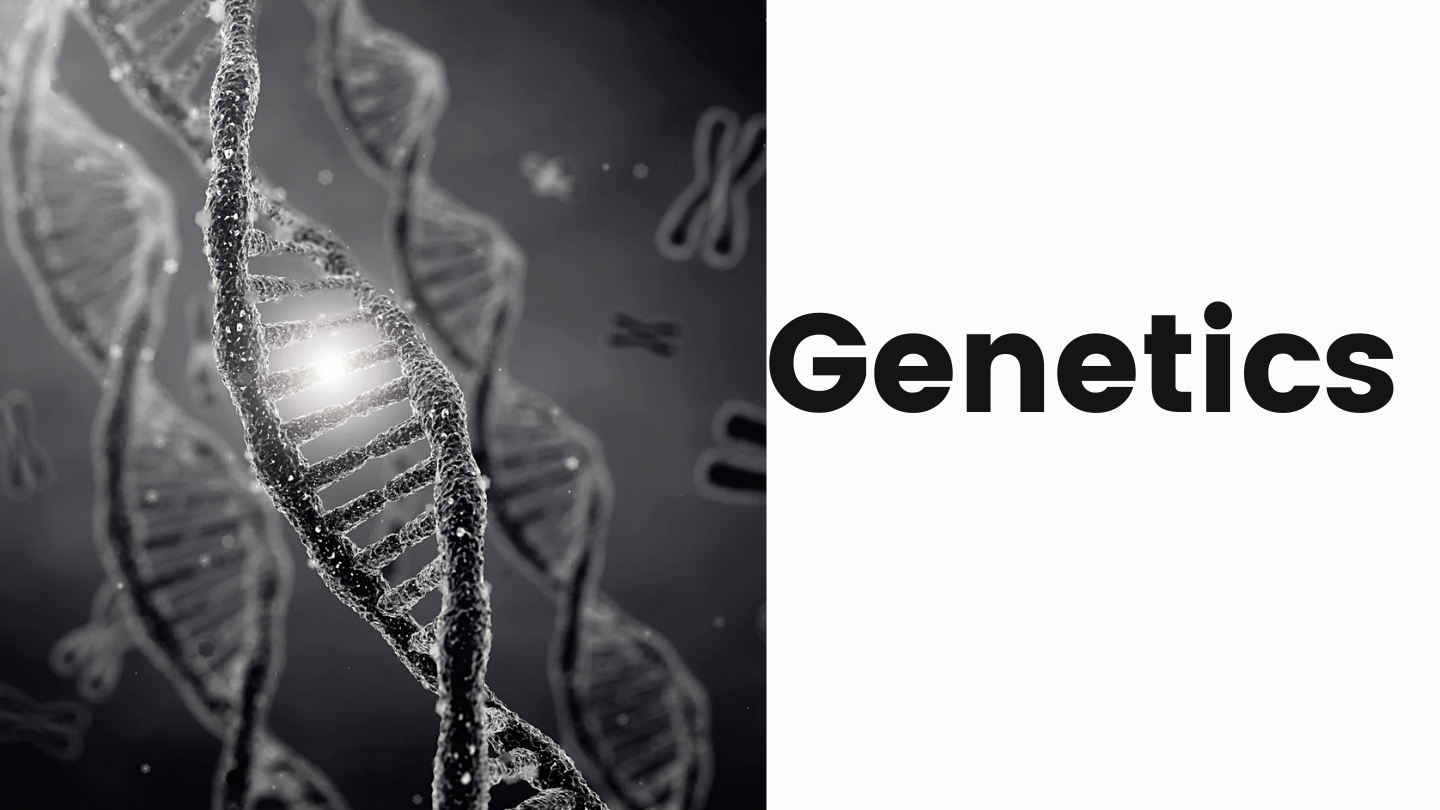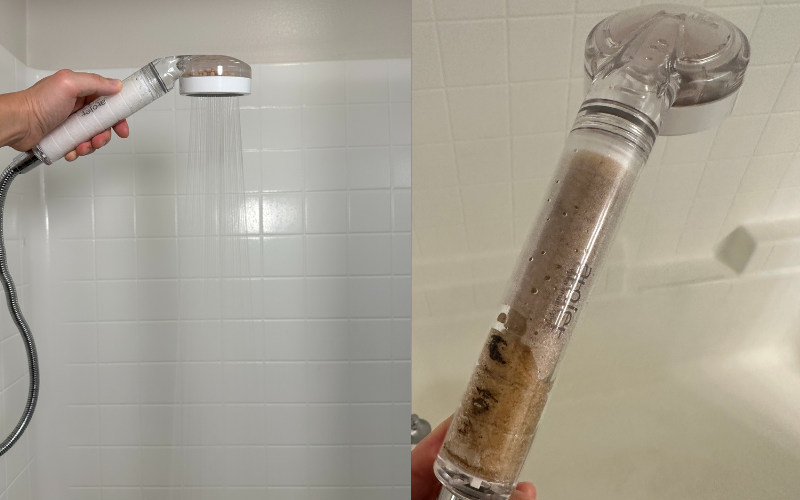
Top 10 Causes of Hair Loss in Men and How to Prevent Them
Top 10 Reasons for Men’s Hair Loss
Hair loss is a common issue affecting millions of men around the world. It can be a source of significant concern and can impact self-esteem and confidence. Understanding the underlying causes is crucial for managing and potentially preventing hair loss. Here are the top 10 reasons why men experience hair loss.
1. Genetics (Androgenetic Alopecia)
Let’s talk about genetics, the main culprit behind hair loss for many men. If you’re seeing a receding hairline or thinning on the crown, it’s likely due to male pattern baldness, which is inherited. Think of it as an unwanted family trait. If your dad or granddad had it, you might too. This type of hair loss follows a typical pattern and can eventually lead to significant thinning or baldness. But don’t worry, you’re not alone, and there are treatments available that can help slow it down or even promote regrowth. So, it’s worth looking into your options!

2. Hormonal Changes
Let’s dive into hormones, the sneaky culprits behind hair loss. The main offender is DHT, a byproduct of testosterone. Imagine DHT as an uninvited guest that shrinks your hair follicles over time, leading to thinner hair and eventually stopping new growth. This is often tied to your genes and gets worse with age. But don’t fret! There are treatments to block DHT and lifestyle tweaks to keep those hormones in check, helping you manage hair loss effectively.
3. Aging
Alright, let’s talk about aging. As the years go by, our hair naturally slows down its growth rate. It’s like our hair follicles decide to take it easy and go on semi-retirement. You might notice your hair getting thinner and weaker as you get older. Hair has a life cycle, with phases of growth, rest, and shedding. When we age, the growth phase gets shorter, and more hairs enter the resting and shedding phases. This means less new hair coming in to replace the ones we lose.
But hey, aging is a part of life, and there are ways to keep your hair looking its best. From proper nutrition to the right hair care routine, you can still have healthy hair as you age.

4. Medical Conditions
Let’s get into how medical conditions can mess with your hair. Ever notice your hair thinning and wonder if something’s up with your health? You might be onto something. Conditions like thyroid disorders can throw your hormones out of whack, impacting your hair. Then there’s alopecia areata, an autoimmune condition where your immune system mistakenly attacks your hair follicles, causing patches of hair loss.
Scalp infections and other skin issues can also damage your hair follicles and lead to shedding. If you’re dealing with any of these health problems, it’s worth chatting with your doctor. They can help diagnose the issue and get you on a treatment plan that might just save your hair.
5. Medications
Alright, let’s talk about another sneaky cause of hair loss: medications. You know those pills you take for various health issues? Sometimes, they come with side effects, and unfortunately, hair loss can be one of them. Meds for cancer (like chemotherapy), arthritis, depression, heart problems, and high blood pressure are known culprits.
Imagine trying to tackle one health problem only to find out it’s affecting your hair. It’s frustrating, right? If you notice more hair in your brush or shower drain after starting a new medication, have a chat with your doctor. They might be able to adjust your dosage or switch you to a different med that’s gentler on your hair.

6. Nutritional Deficiencies
Let’s chat about how what you eat (or don’t eat) can affect your hair. Just like the rest of your body, your hair needs the right nutrients to stay healthy and strong. If you’re not getting enough of essentials like iron, protein, vitamin D, or biotin, your hair might start to suffer.
Think of it this way: your hair is like a plant. Without the right nutrients, it can’t grow properly. So, if your diet’s lacking, your hair might become weak and start falling out more than usual. The good news is, tweaking your diet can make a big difference. Load up on nutrient-rich foods, and you’ll be giving your hair the best chance to thrive.

7. Stress
Let’s talk about stress, that sneaky culprit that can wreak havoc on your hair. You know how stress can give you headaches and make you feel run down? Well, it can also lead to hair loss. When you’re under a lot of stress, your body can push a big chunk of your hair into the resting phase, causing it to shed more than usual.
It’s called telogen effluvium, and it’s basically your hair saying, “I need a break!” The good news is that this type of hair loss is usually temporary. Once the stress eases up, your hair often starts growing back. So, if you’ve been stressed out and noticing more hair in your brush, it might be time to find some relaxation techniques that work for you. Meditation, exercise, or just some good old-fashioned downtime can make a big difference.
8. Poor Hair Care Practices
Let’s dive into how your hair care routine might be doing more harm than good. We all love to style our hair, but using harsh chemicals, excessive heat, or tight hairstyles can take a toll. Think about all those times you’ve bleached, dyed, straightened, or curled your hair – it can add up and weaken your hair over time. Imagine your hair as a delicate fabric. If you keep putting it through the wringer, it’s going to wear out faster. Tight hairstyles, like man buns or ponytails, can also stress your hair follicles and cause them to break or fall out.
The key here is to be gentle with your hair. Use milder products, limit heat styling, and give your hair a break from tight styles. Treat your hair with some TLC, and it’ll thank you by staying healthier and stronger.

9. Lifestyle Factors
Let’s chat about how your lifestyle choices can affect your hair. You probably know that smoking and excessive drinking aren’t great for your health, but did you know they can also lead to hair loss? Smoking can damage your hair follicles and reduce blood flow to your scalp, while too much alcohol can dehydrate your body and deprive your hair of essential nutrients.
A sedentary lifestyle doesn’t help either. Regular exercise boosts circulation, which helps deliver nutrients to your hair follicles. So, if you’re spending too much time on the couch, your hair might not be getting the nourishment it needs.
The good news? Small changes can make a big difference. Quitting smoking, cutting back on alcohol, and getting more active can improve not just your overall health, but your hair’s health too. So, if you’re looking to keep your hair in top shape, consider these lifestyle tweaks.
10. Environmental Factors
Pollution, toxins, and too much sun can damage your hair. Protect it by wearing a hat, washing regularly to remove pollutants, and using products with UV protection. Your hair will thank you!
Hair loss can be a tough journey, but understanding the reasons behind it can make a world of difference. Whether it’s genetics, hormonal changes, aging, or even your daily habits, knowing what’s causing your hair loss is the first step towards finding the right solution. Remember, you’re not alone in this – millions of men experience hair loss, and there are plenty of options to help manage and treat it.
Don’t forget, if you’re worried about your hair loss, it’s always a good idea to chat with a healthcare professional. They can provide personalized advice and help you explore the best treatments for your situation. In the meantime, take care of your hair with gentle practices, a balanced diet, and a healthy lifestyle. With the right approach, you can keep your hair looking its best.
Please note that this information is not a substitute for professional medical advice. If you are experiencing hair loss, it’s important to consult with a healthcare provider for personalized guidance and treatment.

